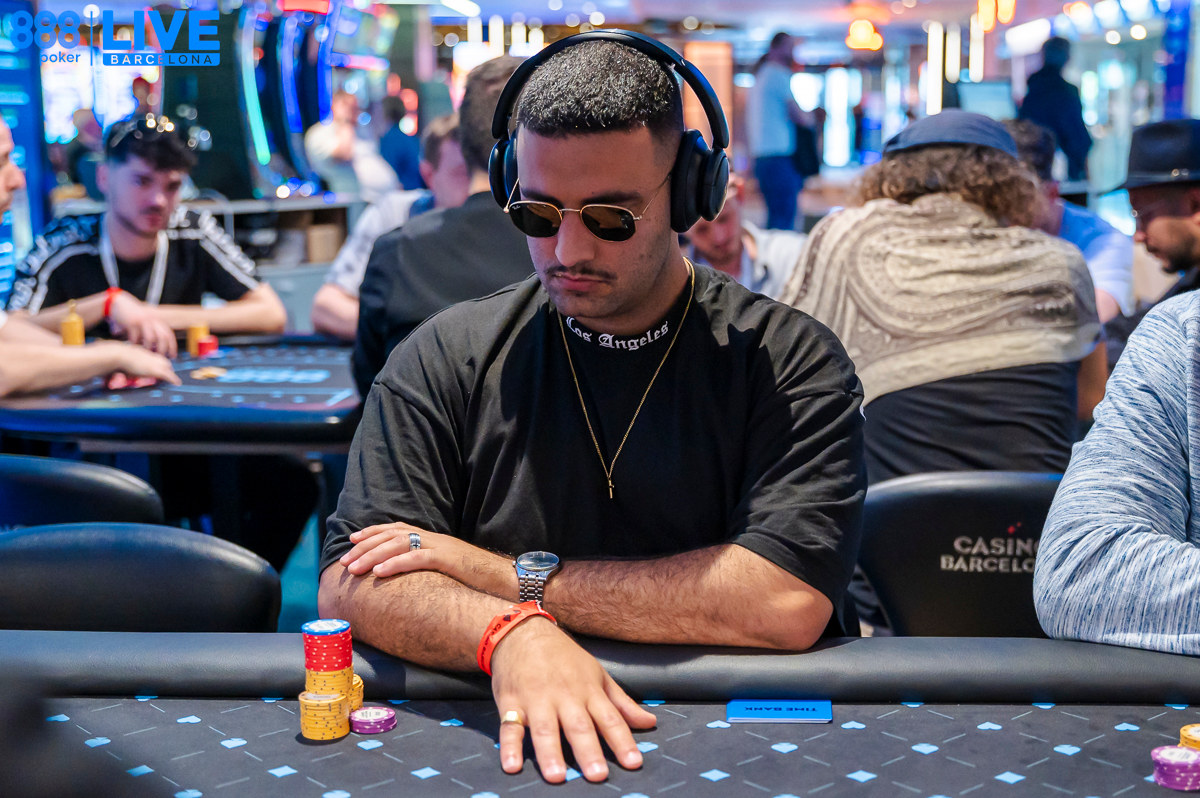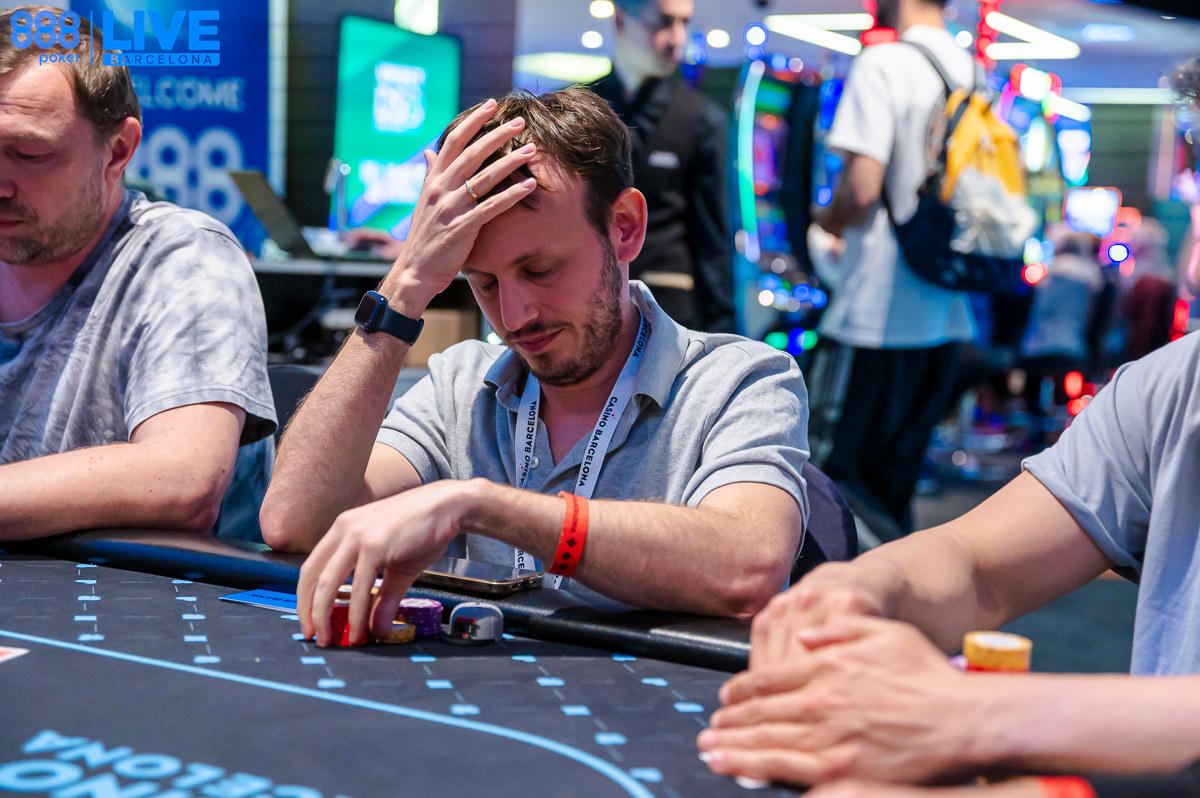Poker is a mental battleground where every decision, every hand, and every session demands focus, emotional control, and resilience. Yet, for many players, staying composed in the face of bad beats, challenging opponents, or long hours at the table feels like an impossible challenge.
That’s where mindfulness comes in. Mindfulness is the practice of staying fully present and aware of your thoughts and emotions without judgment.
In this article, you’ll learn how mindfulness can transform your poker game. From simple breathing exercises you can use at the table to daily habits that strengthen focus and emotional regulation, these techniques are tailored to help you play your best
Core Mindfulness Principles for Poker
Mindfulness might sound woo-woo, but it’s about developing a few simple habits that help you stay grounded and focused.
Here are the core principles:
1. Present-Moment Awareness
Your edge comes from staying focused on the hand in front of you—not the one you just lost or the one you hope to win. Present-moment awareness means keeping your attention on the current decision and fully engaging with the action, like reading your opponent or considering stack sizes.

2. Nonjudgmental Observation
It’s easy to get caught up in self-criticism or frustration after a bad beat or a mistake in your poker games. Nonjudgmental observation means noticing your thoughts and emotions without attaching to them.
Instead of thinking, “I’m such an idiot for making that call,” you might observe, “I’m feeling frustrated right now because I lost that hand.” This shift in perspective helps reduce emotional reactions.
3. Acceptance
Poker is full of situations beyond your control, like bad beats, poker variance, and difficult opponents. Acceptance means acknowledging these realities without resistance. When you let go of the need to control every outcome, you free yourself to focus on what you can control: your decisions and your mindset.
Mindfulness Techniques You Can Use
Mindfulness isn’t just a bunch of principles. You can also use it in-game to improve your focus, decision-making, and emotional control.
Here are four simple techniques you can try:
1. Focused Breathing
Deep breathing is one of the fastest ways to calm your mind and reset your focus. Try the 6-2-7 technique: Inhale through your nose for six seconds, hold for two, and exhale through your mouth for seven.
This process slows your heart rate, reduces stress, and brings your attention back to the present moment. Use it between poker hands, or on breaks, or whenever you feel frustration creeping in.

2. Body Scan
Physical tension is often the first sign of stress. A quick body scan can help you release that tension and regain composure. Take a few seconds to mentally check in with different parts of your body—your shoulders, hands, or jaw—and consciously relax them.
3. Pause and Reset
After a tough hand, it’s easy to carry frustration into the next one. Instead, pause and reset. Take a few moments to acknowledge the situation, let go of any emotional attachment, and remind yourself to focus on the next decision. Even a brief pause can interrupt the cycle of tilt and help you regain control.
4. Mantra Practice
A mantra is a short, calming phrase you can repeat silently to centre yourself. Try something like, “One hand at a time” or “Focus on decisions, not outcomes.” Repeating this phrase can act as a poker term mental anchor, helping you stay grounded and resilient.
Off-Table Mindfulness Practices
The more you practice mindfulness strategies, the better you’ll get. While using mindfulness techniques in-game is helpful, dedicating time off the table to work on mindfulness will rapidly increase your ability to stay calm and focused.
Here are three effective practices to try:
1. Meditation
Meditation is a powerful tool for developing mindfulness. Start with 5-10 minutes a day. Sit comfortably, close your eyes, and focus on your breathing. When your mind wanders, gently bring your attention back to your breath. This process trains your mind to stay present and manage distractions.

2. Journaling
Keeping a poker journal can help you build awareness of your emotional patterns and triggers. After each session, jot down your thoughts about how you handled key hands. Make a note of any episodes of tilt or other strong emotions. You’re looking for trends in your reactions so you can develop strategies for improvement.
3. Mindful Movement
Movement-based mindfulness practices like yoga or walking meditation are a great way to reduce stress. For example, during a short walk, focus on the sensation of your feet hitting the ground or the rhythm of your breathing.
Committing to regular off-table mindfulness exercises creates a strong foundation for focus, emotional regulation, and resilience that directly translates to poker.
Overcoming Common Challenges with Mindfulness
Starting a mindfulness practice can feel unfamiliar or even frustrating at first.
Here are three challenges that most beginners experience, along with strategies to combat them:
Challenge 1: Feeling Distracted
When your mind wanders during practice, gently guide your attention to your breath or body. Over time, this method strengthens your focus.

Challenge 2: Forgetting at the Table
It’s easy to forget mindfulness techniques in the heat of the moment. Set reminders, like taking a deep breath before a hand or using chip shuffling as a mental trigger.
Consistent small habits will help mindfulness become second nature. Consider incorporating a brief breathing exercise into your pre-game warmup.
Challenge 3: Expecting Instant Results
Mindfulness is a skill that improves gradually. Stay patient, and focus on small, steady progress rather than immediate changes. That WPT Poker Tour title will come, eventually!
Common Challenges with Mindfulness - Conclusion
By addressing these challenges with intention and persistence, you’ll find that mindfulness becomes a natural part of your poker routine. This process will empower you to stay present and perform at your best.
As you can see, mindfulness is a powerful tool for managing poker’s mental challenges. Staying present, regulating your emotions, and focusing on what you can control will help you make better decisions and reduce tilt.
Try a breathing exercise or meditate for a few minutes each day, and you’ll see noticeable improvements in your focus and performance.


